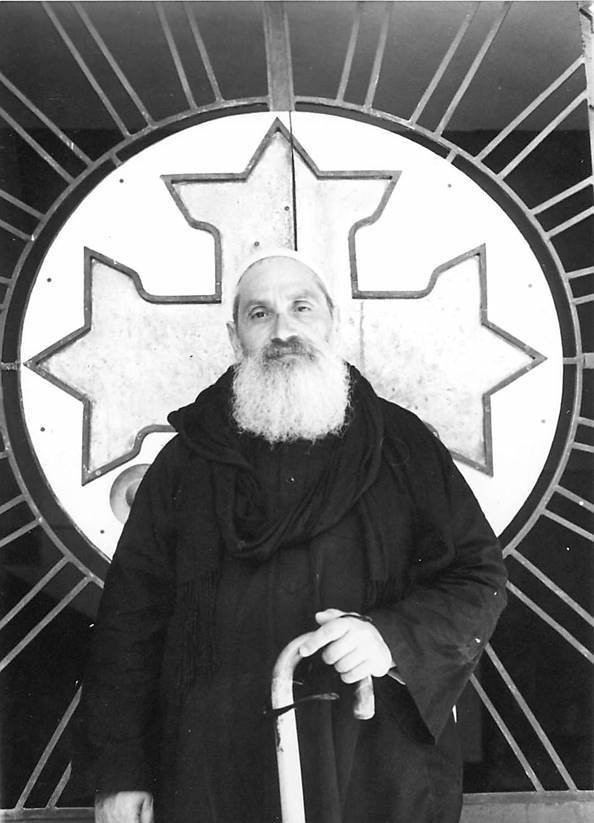Father Matta al-Miskīn’s Commentary on Saint John’s Gospel (Introductory Volume)
Thematic Considerations
7 Judgment
by Wagdy Samir
I have summarised Father Matta’s views on life (eternal) in the previous article. Here, I consider the other side of the coin, judgement (if one rejects eternal life).
Father Matta reminds readers that in the Gospel of Saint John, the word judgement is a “‘case’ where Christ stands against the world, the ruler of this world, and the children of the world.” Although Christ stands in the Gospel defending himself, he is, in fact, crystallising the case against his accusers by appointing Moses and Abraham as judges (John 7 and John 8, respectively).
Father Matta adds that, in the days of Christ on earth, the Jews were the accusers and Christ the accused. Today, however, the world is the accuser, and the accused is “the true Christianity that the world cannot stand,” with “the Holy Spirit being the only witness who testifies against the world and condemns it.”
Father Matta defines judgment as when a person stands separated from God and remains estranged to eternal life after refusing Christ’s invitation. Throughout this life, human beings feel judgement in their conscience, accompanied by fear. This turns into utter regret and despair when Christ is finally revealed.
At this juncture, a pertinent question arises: on what basis is Christ judging the world when he says, “For God did not send his Son into the world to condemn the world, but that the world through him might be saved”?
In addressing this conundrum, Father Matta emphasises that “eternal condemnation is a result of the human being’s own volition and insistence.” However, what determines the judgement is Christ’s word, “the word that I have spoken judges him on the last day” (John 12:48). Given that Christ is the “light of the world” (John 9:5), “just as the light purifies the deeds of the children of light, likewise, it rebukes the deeds of darkness.” That is, Christ is both justifying and condemning, “whoever accepts the word will live, and whoever rejects it will be condemned by it.”
This contradiction is exemplified in the opening of the eyes of the man born blind (John 9). The born blind accepted the word and received “his sight and eternal life.” The Pharisees, on the other hand, “despised the word” and received eternal condemnation. Thus, judgement in the Gospel of Saint John is “the belief that Jesus Christ is the Son of the living God.”
Source: Matta al-Miskīn, Introduction to the Commentary of the Gospel of St John: Study and Analysis (Al-Madkhal li-Sharḥ Injīl al-Qiddīs Yūḥanna: Dirāsah wa-Taḥlīl) (Cairo: Monastery of St Macarius, 1989) 142-145. (Wagdy Samir’s translation of quoted passages)
25 November 2022 © AIOCS
AIOCS LTD is a not-for-profit charitable organisation that promotes the study of Orthodox Christianity, Eastern and Oriental, in Australia
For donations, please go to https://www.paypal.com/paypalme/aiocsnet or contact us at info@aiocs.net


